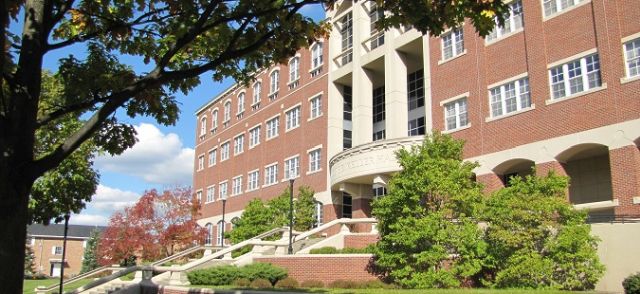Document Type
Article
Publication Date
2-2009
Publication Source
San Diego Law Review
Abstract
This Article challenges the assumption that the Americans with Disabilities Act (ADA) requires persons with disabilities to undergo corrective surgery as a precondition to membership in the ADA's protected class. This issue is ripe for discussion because current efforts to amend the ADA, although not focused on the corrective surgery issue, will unsettle the current doctrine underpinning many courts' conclusions that an individual's decision to forgo available medical technology bars her from relief under the ADA. The article aims to make two contributions. First, it argues that the ADA's focus on reshaping cultural responses to disability suggests that individuals need not acquiesce to all available medical efforts to eliminate their disability before they may challenge disability discrimination. Instead, the ADA's conceptual congruence with the Civil Rights Act of 1964, which prohibits employment discrimination on the basis of race and gender, suggests that the ADA provides individuals with disabilities the opportunity to argue that their physical differences should be accepted and accommodated rather than erased. Second, it argues that reading the ADA's nondiscrimination mandate to cover persons who decline corrective surgery is consistent with the ADA's text. The Supreme Court's Sutton v. United Air Lines decision, which has contributed to many courts' conclusions that the ADA requires individuals to undergo corrective surgery, in fact prevents courts from excluding persons from the ADA's protected class based on the hypothetical benefits of forgone corrective surgery.
ISBN/ISSN
0036-4037
Document Version
Published Version
Copyright
Copyright © 2009, San Diego Law Review
Publisher
University of San Diego
Volume
46
Issue
1
Place of Publication
San Diego, CA
eCommons Citation
Cox, Jeannette, "“Corrective Surgery” and the Americans with Disabilities Act" (2009). School of Law Faculty Publications. 61.
https://ecommons.udayton.edu/law_fac_pub/61




Comments
Posted with the permission of the San Diego Law Review. Personal use of this material is permitted. In addition, permission to reprint/republish this material for advertising or promotional purposes or for creating new collective works for resale or redistribution to severs or lists, or to reuse any copyrighted component of this work in other works must be obtained from the author and the San Diego Law Review. Hard copies of this article may be obtained by contacting the William S. Hein Co. at http://www.wshein.com/ or EBSCO at http://ejournals.ebsco.com/home.asp or Lexis/Westlaw.
Permission documentation on file.